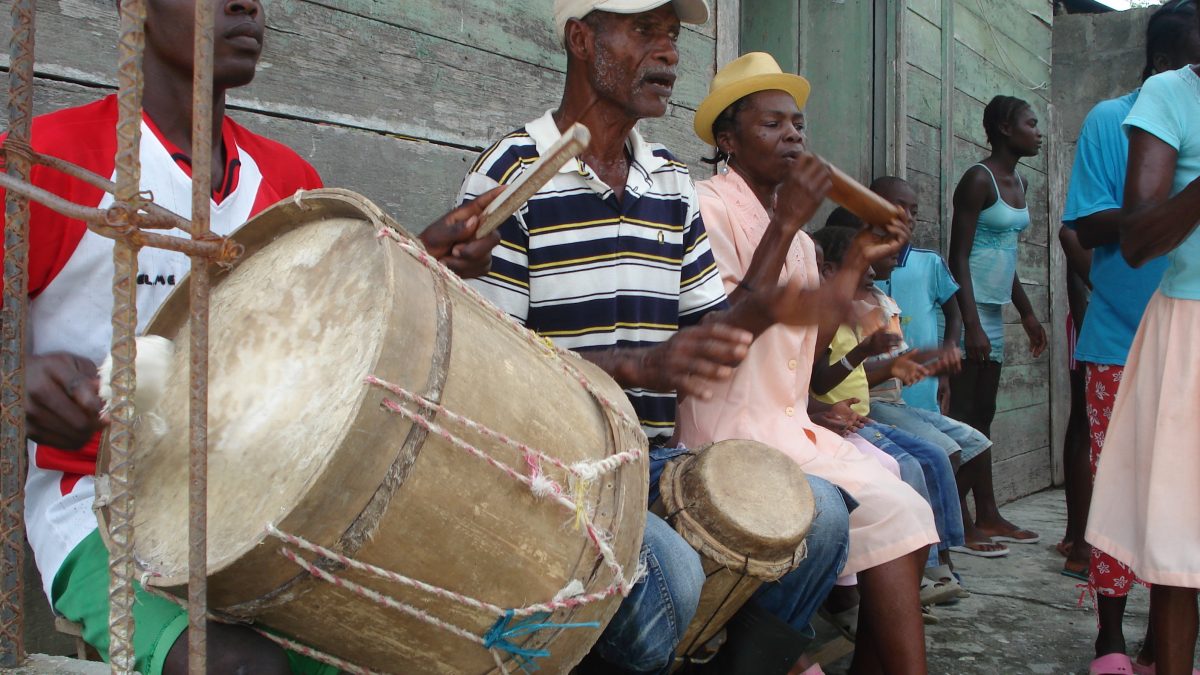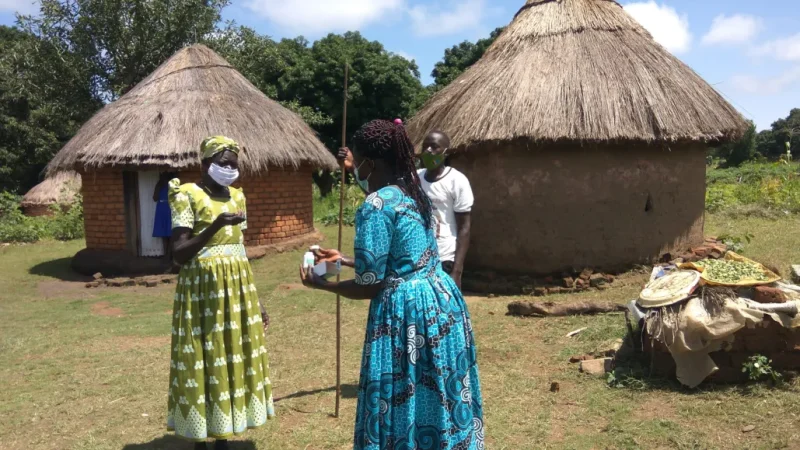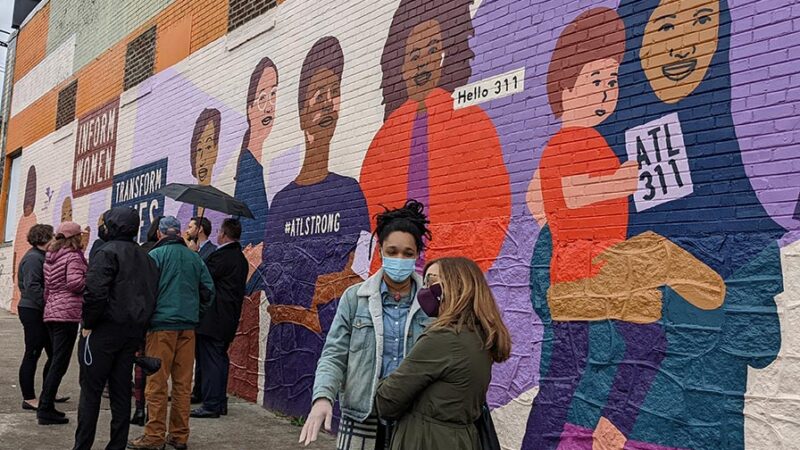Colombia

The Carter Center has a long history of working in Colombia to help resolve conflicts, forge diplomatic relations, and improve the lives of people living there. We helped eliminate river blindness, introduced a journalism fellowship to support awareness of mental illnesses, and encouraged a moratorium on arms sales. Today, we continue to support peace, human rights, and women’s empowerment efforts.
Short-term Goals
We are strengthening democracy, increasing access to information for women, and training journalists to report on mental health.
Impact
- Helped Colombia become the first country in the Americas to eliminate river blindness
- Helped with the implementation of the 2016 peace accord by monitoring the separation of child soldiers in the FARC guerilla group and mapping human rights compliance.
- Supported peace and democracy by training journalists and women leaders
- Provided funding to support youth in efforts to advance human rights
Carter Center Expands Global Inform Women, Transform Lives Campaign to 13 New Cities
Carter Center Announces 2022-23 Rosalynn Carter Mental Health Journalism Fellows in Latin America
Summary: 2021 Virtual Program Review for the River Blindness Elimination Programs | Ethiopia, Nigeria, OEPA, Sudan, and Uganda

Related Content
Global Impact Starts with You
Your support sustains the Carter Center's mission of waging peace, fighting disease, and building hope around the world.



